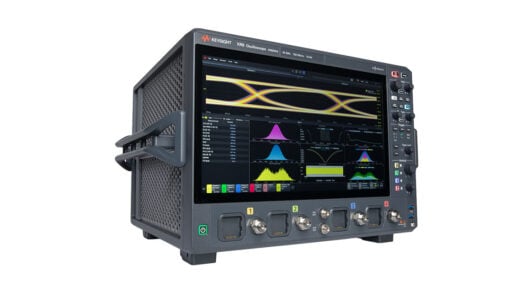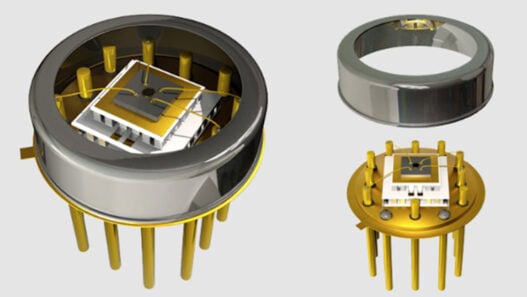For example, exosomes are able to easily pass through the blood-brain barrier and the plasma membranes of cells, potentially serving as drug carriers. Discovered less than forty years ago, there’s a lot of work to be done to reveal the full potential of exosomes.
Researchers from Swansea University in the U.K., Houston Methodist Research Institute in Texas, and International Iberian Nanotechnology Laboratory in Portugal, have put in an effort exploring what exosomes may end up doing for medical practice.
They just published a study in journal Trends in Molecular Medicine that goes over topics such as disease detection, immune system activation, and treatment of diseases by having the vesicles deliver drugs.
The investigators provide a number of examples of research undertaken to study how exosomes may be beneficial for prostate cancer testing, improving heart muscle function, regenerating soft tissue, and addressing challenges related to Parkinson’s and diabetes.
To help guide future researchers, the study addresses the potential for side effects and how to move toward standardising the separation, characterisation, and storage of exosomes.







